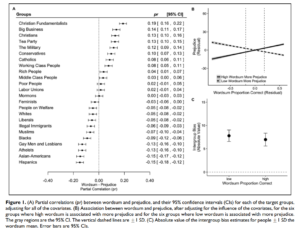Examples:
1. I cannot find my socks. / I couldn’t find my socks.
2. I cannot find a counter-example to the theory. / I couldn’t find a counter-example to the theory.
The word “cannot” is usually taken to express impossibility and be somewhat equivalent in meaning with the word “impossible”, thought they cannot be used in the same way because they are different word types.
However, if we rewrite the above sentences to use the other word, then the meaning changes. Consider:
1a. It is impossible to find my socks. / It was impossible for me to find my socks.
2a. It is impossible to find a counter-example to the theory. / It was impossible to find a counter-example to the theory.
Why does (1) and (1a) not mean the same? It is because, I think, that we use “cannot” to express a different kind of lack of possibility than we use with “impossible”. This possibility I call willful possibility. It is defined like this: It is willfully possible for agent S to A iff that S wills to bring about A materially implies that A would happen.
This is applicable to the above examples like this:
1b. S wanted to find his socks but did not. Thus, it was not willfully possible to for S to find his socks.
2b. S wanted to find a counter-example to the theory but did not. Thus, it was not willfully possible to for S to find a counter-example.
The meanings of (1) and (2) are also expressible in another way:
1c. I tried to find my socks but I failed.
2c. I tried to find a counter-example to the theory but I failed.
Though there are also some relevant considerations about time. Willful possibilities change from time to time. Suppose for instance that at some later time were S to look for his socks, then he would find them. Similarly with counter-examples to the theory. I did not find a way to easily incorporate this into the definition above.
One should not confuse willful possibility with logical, physical or some other kind of possibility. It would be odd to interpret (1) and (2) as logical etc. possibility, but it would not be odd to interpret (1a) and (2a) that way. Also the sentences in (1a) are odd and would probably not be used very often. However (2a) are not particularly odd since that if some theory is true, then there are no counter-examples to that theory. And since one cannot (willfully) find a counter-example that does not exist, then it is (willfully) impossible to find a counter-example to such a theory.
When interpreting sentences like (1) and (2) we should not be misled to interpret them as something along the lines of (1a) and (2a) but should (probably) interpret them as something like (1c) and (2c).
